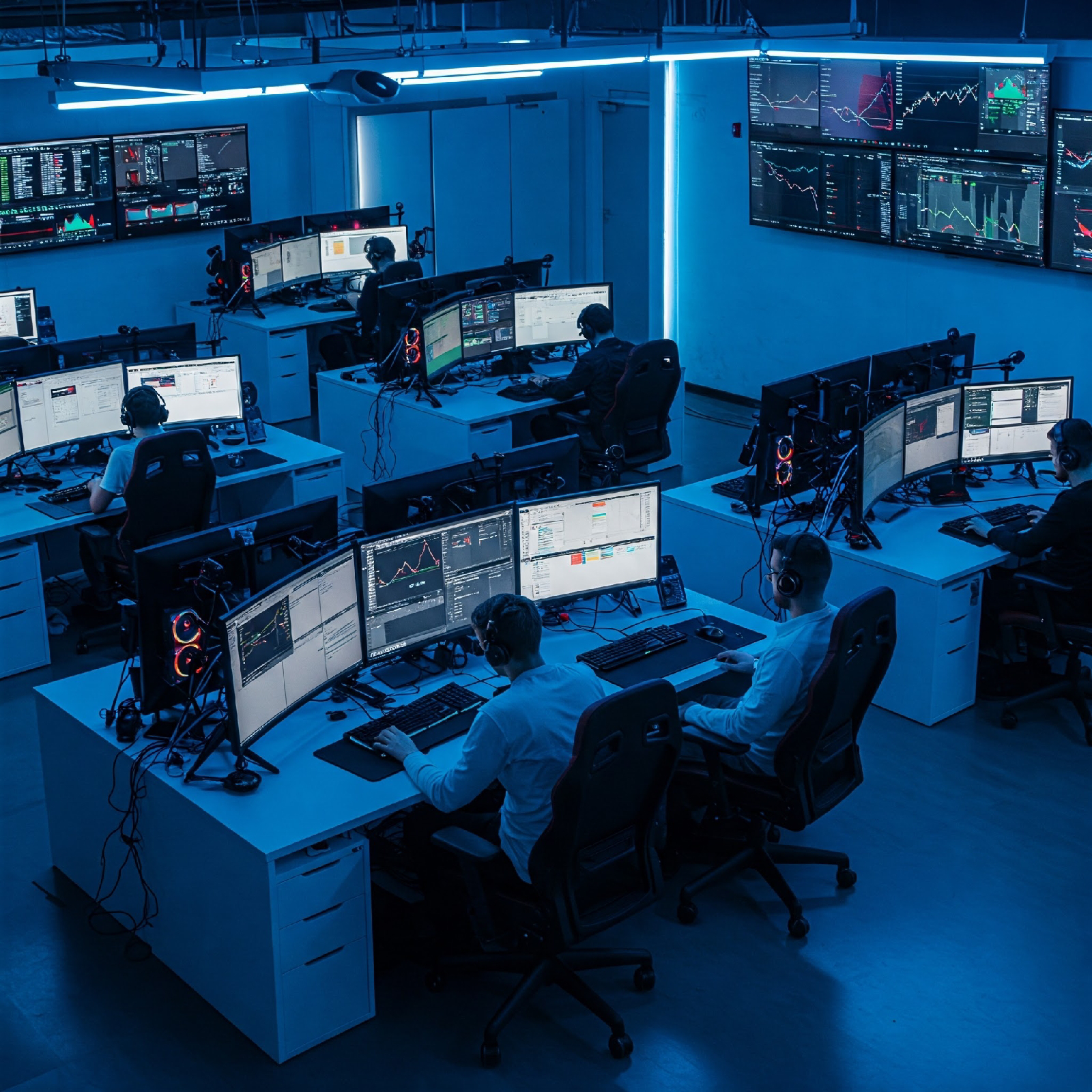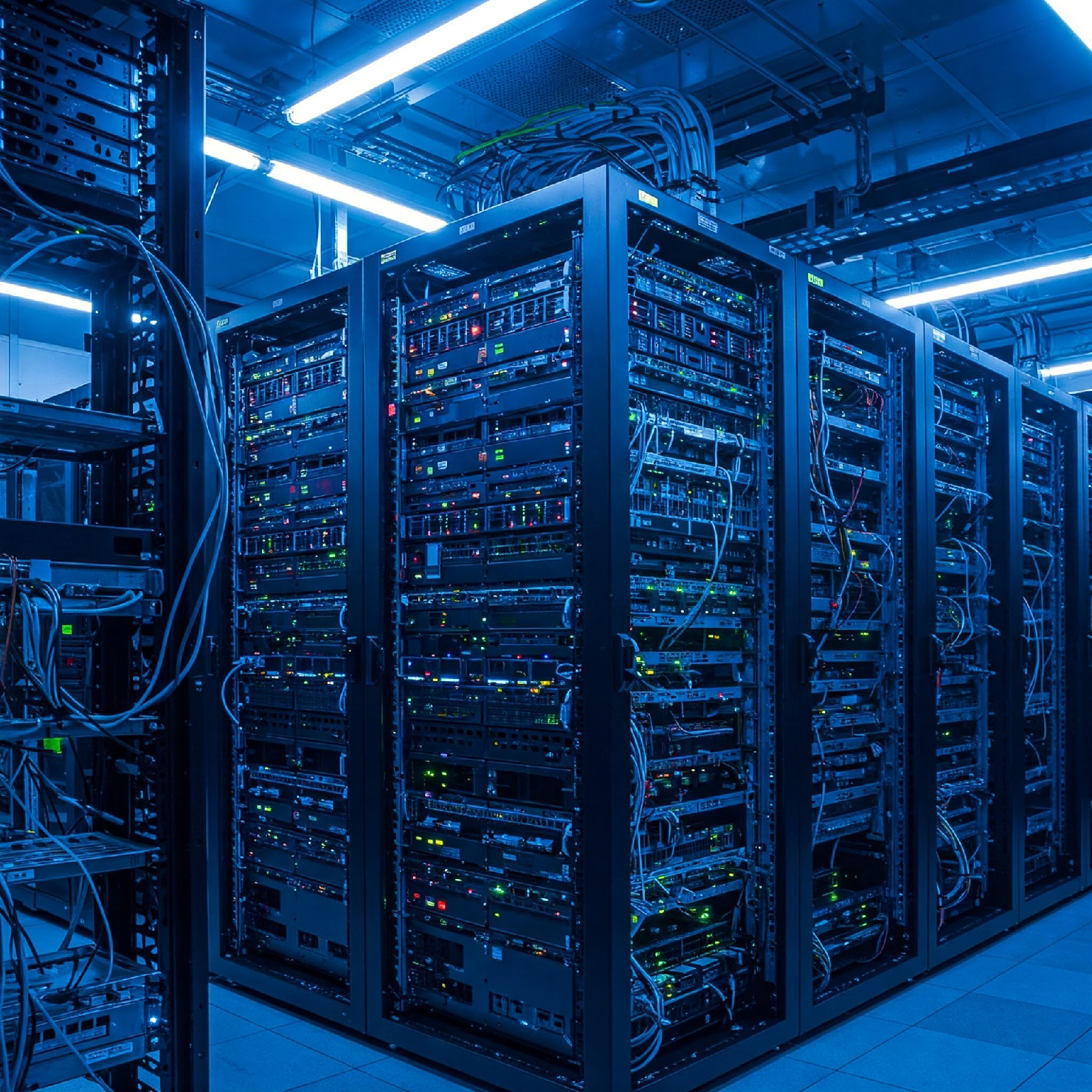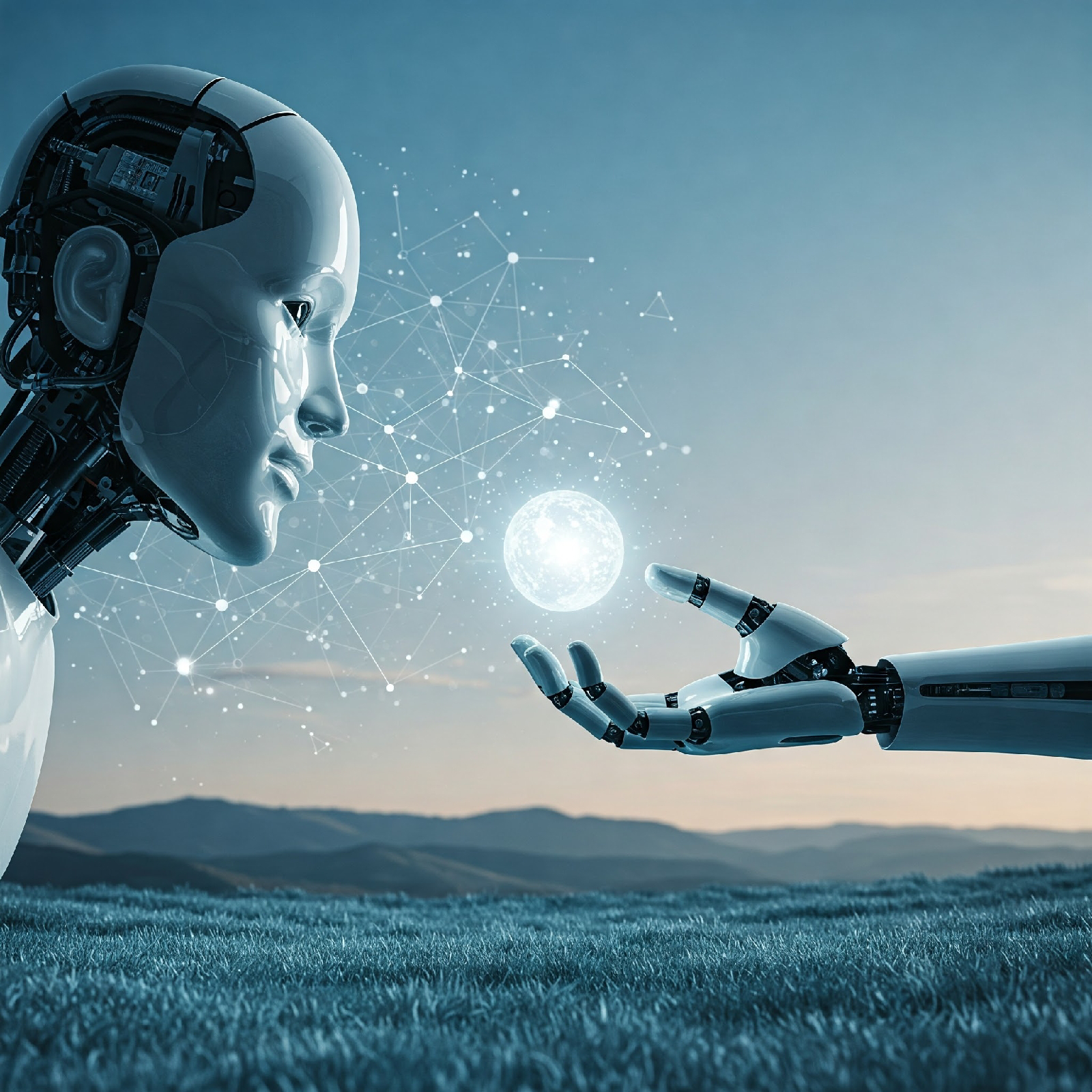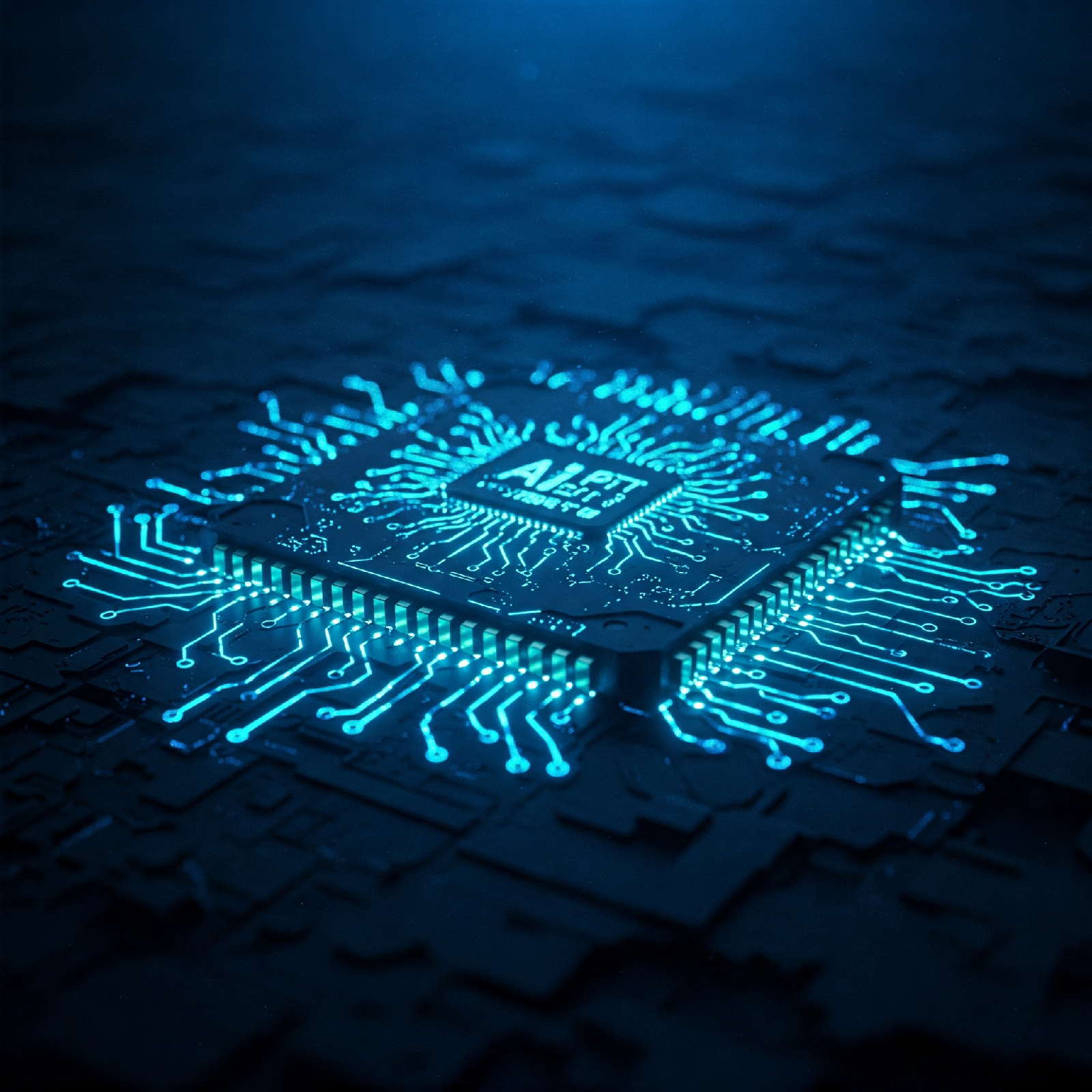AI Speed Race: New Benchmarks Emerge to Test AI Application Performance
AI Speed Race: New Benchmarks Emerge to Test AI Application Performance
Want faster AI? Of course, who doesn't? Speedier AI isn't just a cool thing; it changes industries. From self-driving cars to quicker medical diagnoses, getting AI to work faster matters a lot. That's where AI benchmarks come in. These tests show how well an AI system works. The Reuters article highlights new AI benchmarks designed to push the limits. Let's check them out!
Understanding AI Benchmarks
Ever wondered how companies know if their AI is any good? They use AI benchmarks. It's like a report card for AI systems.
What are AI Benchmarks?
AI benchmarks are tests. They measure how well AI systems do certain jobs. These tasks can involve understanding language, spotting images, or making smart guesses. Benchmarks use special data and rules. This makes sure everyone tests AI the same way. This also ensures that comparisons are fair and useful.
Why are AI Benchmarks Important?
Think of AI benchmarks like mile markers on a road trip. They show how far you've come. For developers, they pinpoint areas for improvement. Businesses can use them to pick the best AI for their needs. For consumers, it means better products and services. Faster AI leads to smarter tech all around.
The New AI Benchmarks: A Closer Look
The Reuters article talks about new AI benchmarks. These benchmarks aim to test AI application speed in better ways. They simulate real-world situations. This gives us a more accurate view of AI performance.
Key Features of the New Benchmarks
What makes these new benchmarks special? For starters, they focus on speed and accuracy. They also test a wider range of AI tasks. This includes everything from data processing to complex problem-solving. Plus, these benchmarks are designed to be fair. They reduce the chance of bias.
How the Benchmarks Test AI Application Speed
These benchmarks use a mix of methods to test AI speed. They measure how fast AI can process info. They also look at how quickly AI can learn. They check how well AI adapts to new situations. These tests show how AI performs in real scenarios. This is much more helpful than just theoretical numbers.
Impact on Different Industries
Faster AI could transform whole industries. Here's how these new benchmarks could make a difference.
Automotive
Imagine self-driving cars making quicker decisions. That's what faster AI can do. These benchmarks can help car companies make safer autonomous systems. The results could mean fewer accidents. It could also mean smoother rides.
Healthcare
Think about faster diagnosis. AI could analyze medical images quicker than ever. This will result in earlier treatment. Faster AI could also help create new drugs. These AI benchmarks help speed up these innovations in healthcare.
Finance
AI plays a big role in finance. It helps detect fraud. It also powers algorithmic trading. Faster AI means quicker decisions. This means less risk and more profit. These AI benchmarks could make financial systems more secure.
Challenges and Limitations
AI benchmarks aren't perfect. There are challenges to think about.
Ensuring Fairness and Accuracy
One big issue is bias. AI can learn from biased data. This can lead to unfair results. It's important to make sure benchmarks use diverse data. This way, AI systems are tested fairly across different groups.
The Ever-Evolving Landscape of AI
AI changes fast. New models appear all the time. Benchmarks need to keep up. Old tests become useless. New benchmarks must reflect the latest AI advancements.
Future of AI Performance Testing
What does the future hold for AI testing? Lots of exciting stuff!
The Role of Hardware
Hardware impacts AI speed a lot. Faster chips mean faster AI. New hardware designs can boost AI performance. Benchmarks will need to account for these hardware changes.
Emerging Benchmarking Standards
Right now, there aren't set rules for AI benchmarks. Some groups want to change that. They want standard benchmarks everyone can use. This would make it easier to compare AI systems. It would also promote fair competition.
Conclusion
New AI benchmarks are key to unlocking faster AI. They push developers to improve AI speed and accuracy. Industries like automotive, healthcare, and finance could see huge gains. While challenges exist, the future of AI performance testing looks bright. Get ready for a world where AI is faster, smarter, and more useful than ever before.
The race to develop faster and more efficient AI is heating up, and new benchmarks are emerging to measure the performance of AI hardware and software. Recently, MLCommons unveiled new benchmarks designed to assess how quickly top-of-the-line hardware and software can run AI applications. This development addresses the increasing demand for AI responsiveness and functionality, driven by the widespread use of AI tools.
MLPerf Benchmarks: MLCommons, an industry consortium, has introduced new versions of its MLPerf benchmarks to evaluate the speed of AI systems. These benchmarks are becoming the gold standard for AI data center performance.
Meta's Llama 3.1 Model: One of the key benchmarks utilizes Meta's Llama 3.1 405-billion-parameter AI model. This benchmark tests a system's ability to handle general question answering, math, and code generation.
Focus on Speed and Efficiency: The benchmarks emphasize the ability of systems to process large queries and synthesize data from multiple sources, aiming for near-instant response times, mirroring the expectations of consumer AI applications like chatbots.
Nvidia's Performance: Nvidia's latest generation of AI servers, Grace Blackwell, demonstrated significant performance improvements in these tests, achieving speeds 2.8 to 3.4 times faster than previous models.
Broader Industry Participation: Companies like Dell, SuperMicro, and Hewlett Packard Enterprise are also participating in these benchmarks, highlighting a unified commitment to enhance AI processing capabilities.
Impact on Hardware Development: These benchmarks are expected to significantly influence the future development of AI hardware and systems, fostering competition and driving technological advancements in the AI sector.
These new benchmarks are crucial for evaluating and improving the performance of AI systems, ensuring they can meet the growing demands of AI applications. They provide a systematic approach to assess performance enhancements and stimulate further innovation in the rapidly evolving AI landscape.











